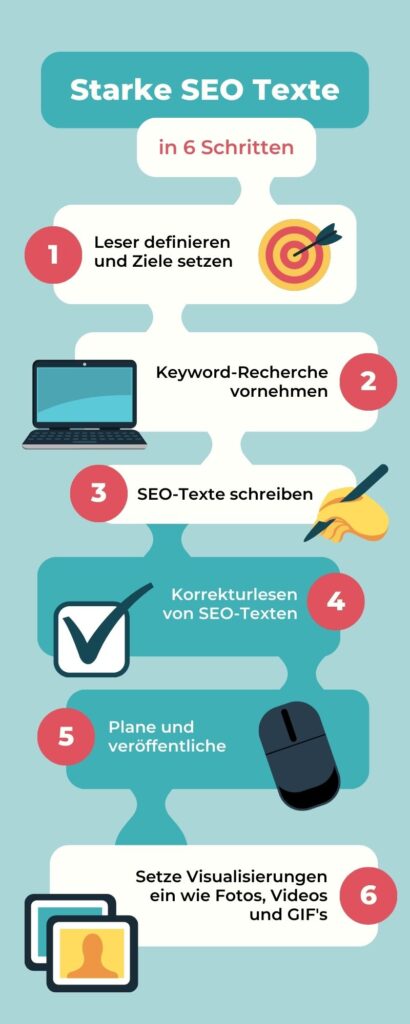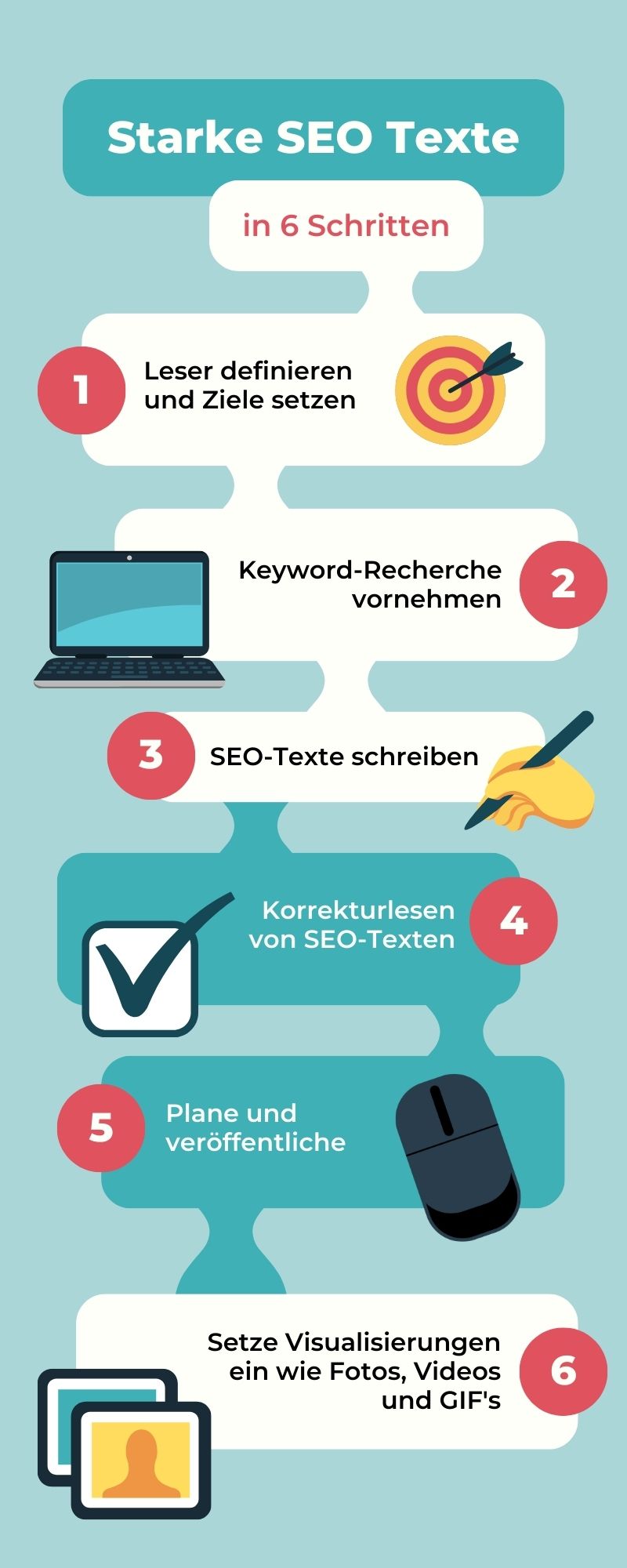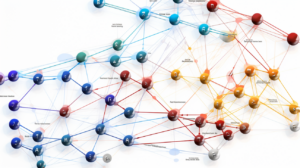Table of Contents
Digital age, nothing is as it once was. Today, search engine optimization (SEO) is more than just a buzzword. It is a crucial tool that helps companies to be visible and successful online. Based on our findings, here at Apalion AG, we present some key strategies that you can integrate into your SEO practices:
- 1. user-centered approaches
- 2. business objectives and KPIs
- 3. understanding the search engine process
- 4. optimization for search engine crawlers
- 5. resources and further training

Digital age: user-centered approaches for SEO
Digital age, digital measures:
The first rule of search engine optimization is to focus on the user. A deeper understanding of user intent is key to creating relevant and engaging content. User intent can be divided into different categories, such as informative, navigational and transactional.
- Informative intentionUsers are looking for answers or explanations on specific topics. Here it is important to provide clear and accurate information. High-quality, informative content can increase traffic and strengthen the credibility of your website. This increases Google relevance the most.
- Navigational intentUsers with navigational intent are looking for a specific website or page. Clear and intuitive navigation is therefore essential.
- Transactional intentionWith transactional intent, users are ready to take an action, such as making a purchase. Optimize your landing pages, call-to-action (CTA) and checkout process to increase the conversion rate.
Furthermore, the optimization of the user experience (UX) through an appealing design, fast loading times and mobile optimization is crucial. It is therefore absolutely essential to take a look at the design on all device classes.
Business objectives and KPIs
Understanding the search engine process
Understanding how search engines work is crucial for the effective optimization of your website. Search engines work in three main phases: Crawling, Indexing and Ranking.
- CrawlingIn the crawling process, search engine bots search the web to find new and updated content. To make crawling easier, your website should have a clear structure, an XML sitemap and a robots.txt file that tells the bots which pages to crawl and which to ignore.
- IndexingAfter crawling, the content found is indexed, i.e. stored in a database. The quality of indexing can be improved by clear meta tags, header structures and a logical URL structure. It is also important to avoid duplicates and use canonical tags correctly to improve indexing quality.
- RankingIn the ranking process, search engines evaluate indexed pages based on a variety of factors such as relevance, content quality, user experience and backlink profile. Optimizing for relevant keywords, improving the user experience and building a strong backlink profile are crucial to achieving a higher ranking and generating more organic traffic.
The technical aspects of SEO, such as website speed optimization, mobile optimization and website security, also play an important role in the search engine process and should not be neglected.
Optimization for search engine crawlers
Controlling the crawling process through specific optimizations is an essential aspect of SEO. These optimizations can help to control the Googlebot more effectively and influence the crawling speed.
- Website structure and technical SEOA clear and logical website structure makes it easier for search engine crawlers to crawl and index your website. A clean URL structure, the use of header tags to structure the content, and the provision of an XML sitemap are some of the technical SEO aspects that can improve crawler efficiency.
- Robots.txt and Meta Robots TagBy configuring the robots.txt file and the meta robots tags, you can control which pages should be crawled and indexed by search engines. This is particularly useful for avoiding duplicate content and ensuring that only relevant pages are indexed.
- Loading time optimizationA fast loading time is not only important for the user experience, but also for the search engine crawlers. By optimizing the loading time, e.g. by compressing images and minimizing JavaScript and CSS, you can improve crawling efficiency.
- Mobile optimizationWith the transition to mobile-first indexing, mobile optimization is more important than ever. Make sure your website looks and performs well on mobile devices to improve both user experience and search engine visibility.
- Schema markupBy using schema markup, you can give search engines additional information about the content of your website, which can lead to improved snippets and potentially a better ranking.
Resources and further training
SEO is an ever-evolving field, and ongoing education is crucial to staying current and implementing effective strategies.
- Online courses and certificatesThere are a variety of online courses and certifications that can help you deepen your SEO knowledge. Platforms such as Coursera, Udemy or Google's own certification programs offer a wide range of courses.
- SEO blogs and forumsFollow leading SEO blogs such as Moz, SEMrush, or the Google Webmasters Blog to get the latest information and best practices. SEO forums such as the WebmasterWorld Forum or the SEO Chat Forum can also provide valuable insights and support.
- Conferences and meetupsAttending SEO conferences and meetups can be a great way to learn from industry experts and expand your network.
- SEO toolsInvest in SEO tools like Ahrefs, SEMrush, or Moz that can help you analyze your website, plan your strategy, and monitor your competitors.
- Books and whitepapers: There are also many books and whitepapers that offer deep insights into SEO principles and strategies.
Utilizing these resources and continuing education are critical to refining your SEO strategies and ensuring the success of your website.
Here are some external contributions on this topic.
- Strategy 2022: 7 steps to success - TrafficDesign
- Link to the article
- Summary: This article describes what an online marketing strategy is and what elements it consists of. The needs of the users are analyzed and the relevant search terms are defined. The strategy is geared towards the long term and includes measures from the areas of technical and content-related on-page marketing, content creation & content marketing and off-page marketing.
- Marketing in the age of digitalization: opportunities and challenges through digital innovations
- Link to the article
- Summary: This book by Nils Urbach focuses on the digitalization of marketing and the associated opportunities and challenges. It highlights the key drivers of digital marketing and discusses the implications and effects on the marketing function.
- Sustainable management in the digital age - Springer
- Link to the article
- Summary: This book is dedicated to the topic of sustainable business from various perspectives. It deals with issues relating to the ethical anchoring of sustainability in companies and society, legal support for global sustainable business and possible uses of innovations for sustainable growth.
- A comprehensive guide - HubSpot Blog
- Link to the article
- Summary: This guide from HubSpot explains the basics of online presence optimization and why it is so important. It covers topics such as keyword research, technical optimization, on-page optimization, off-page optimization and KPIs.
- Learning & training in the digital age - PwC
- Link to the article
- Summary: This article by PwC looks at the changes in learning and training in the digital age. It looks at the various aspects of digitalization and how they affect the education sector.
- The digital age: changes for work & everyday life
- Link to the article
- Summary: This blog post by Gitnux describes how the digital age is affecting everyday life and the world of work. It explains how digitalization is changing various aspects of life, from communication and information to services and travel.




